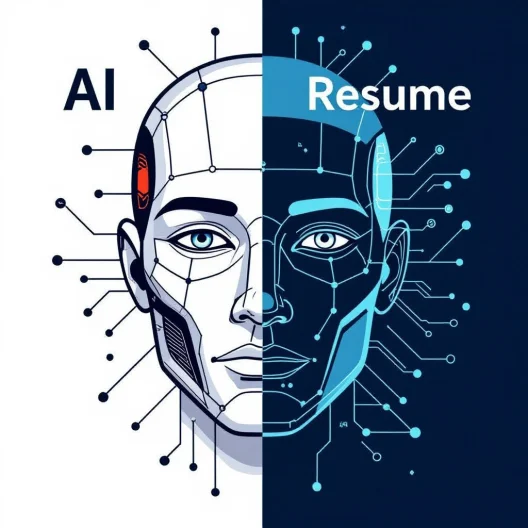Most job seekers write their resumes like they’re auditioning for an award. They stuff it with fancy buzzwords, empty phrases, and exaggerated titles, thinking that’ll make them look “professional.” It doesn’t. It makes them sound like everyone else.
For example, using keyword soup with terms such as “Hard-working” or “Strategic thinker” or “Motivated self-starter”. Let’s be honest — if your resume reads like this, You sound exactly like 10,000 other applicants. None of those words mean anything anymore. They’re filler. Recruiters’ eyes glaze over before they even finish the sentence.
The irony? The more “perfect” your resume sounds, the less believable it becomes. You’re not impressing anyone — you’re irritating the person reading it.
The Overinflation Problem
Some candidates don’t just use jargon — they inflate their job titles or responsibilities, too. Suddenly the office intern becomes “Chief Financial Officer,” or the shift supervisor becomes “Operations Director.”
Nobody’s fooled. Hiring managers know when someone’s overselling themselves. If you claim you “managed a workforce of 50,” and the company has 10 employees, it’s obvious. You don’t look impressive; you look dishonest.
Impressive Isn’t the Same as Useful
Here’s the part job seekers hate hearing: Recruiters don’t hire people because they’re impressive — they hire them because they fit. It’s easy to assume that the person with the flashiest resume or biggest job titles will be the best performer, but that’s rarely how it works. A candidate who’s a genuine fit for the role — meaning their skills, goals, and mindset match the job — is perceived to be more valuable than someone who just looks good on paper.
When someone fits the role, they stay longer and perform better. They don’t feel stuck or overworked; they’re in the right zone — challenged enough to stay motivated but not so overwhelmed that they burn out. They also understand their position within the team and respect the boundaries of the job. In contrast, overqualified hires often get bored, push against management, or start looking for their next move. Underqualified ones struggle to keep up. The right fit avoids both problems, giving the company consistency and the employee a clear path forward.
Focus on Being the Perfect Fit
In the end, hiring isn’t a talent show — it’s a matching process. Recruiters aren’t looking for the flashiest resume or the person with the most buzzwords; they’re looking for someone who can actually do the job and fit into the team without drama. A resume that tries too hard to impress usually does the opposite — it reads as fake, inflated, or out of touch. You don’t need to look perfect; you need to look relevant. The goal isn’t to convince a hiring manager that you’re extraordinary — it’s to show them that you’re exactly what they need.








